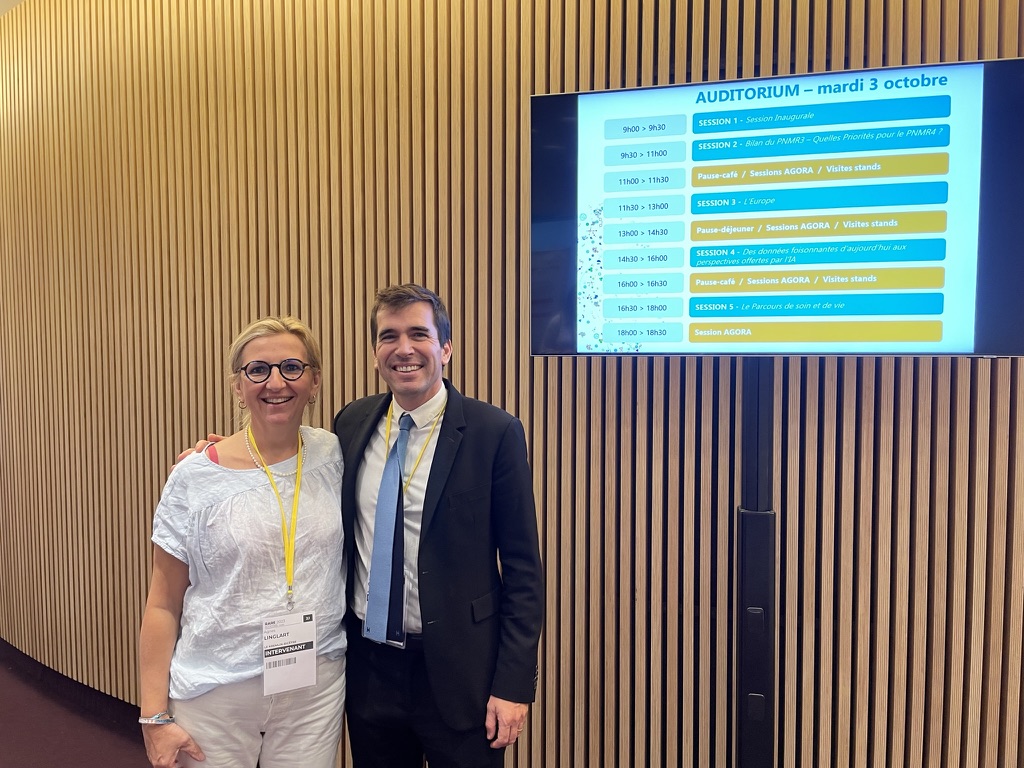Today in France, only 5% of rare diseases benefit from treatment in their indication, according to the Ministry of Health. The 7,000 pathologies currently recognized affect more than 3.5 million people in France, and around 25 million in Europe.
More than 600 rare disease centers in France
France’s Minister of Health, Catherine Vautrin, stated on the X network that she wanted to “do everything possible to improve care”, promising “massive investment” to this end. The precise outlines of PNMR4 will not be unveiled until around September 2024, but a budget of 36 million euros has already been released for the accreditation of 132 new rare disease centers, bringing the total number of expert centers in France to 603. The total budget allocated to the plan is expected to be between 175 and 186 million euros.
France is the only European country to have implemented such an initiative since 2004. Since February 2024, France has been coordinating the European JARDIN (Joint Action Rare Disease INnovation) working group on the sharing and reuse of rare disease health data.
Feedback from the field
The government has also entrusted the task of drawing up recommendations for this 4th plan to two eminent figures in the field: Professor Agnès Linglart, a pediatrician and researcher specializing in rare diseases affecting the skeleton and growth at Université Paris Saclay, and Professor Guillaume Canaud, professor of nephrology and therapeutics and researcher at Hôpital Necker Enfants Malades and Université Paris Cité.
Professors Linglart and Canaud led some 15 working groups between October 2023 and April 2024, bringing together more than 300 people, to identify flagship actions to be implemented around several themes. These groups were made up of a wide range of rare disease stakeholders from both the public and private sectors[1]. Patient associations were also represented in all the groups.
“This is an extremely ethical initiative, which enables us to feed back needs from the field and take stock of the benefits and shortcomings of previous plans (…). Four major areas of work have been identified: care and life paths, improving and accelerating diagnosis, developing innovative therapies and collecting data and biobanks,” says Professor Agnès Linglart, pediatrician and researcher, Professor at the University of Paris-Saclay.
In mid-April, the conclusions of these working groups were submitted to the government, which is currently analyzing them. Three key proposals have emerged:
- The need for inter-ministerial governance between the Ministry of Health, the Ministry of Higher Education and Research and the Ministry of Industry, with a strategic vision beyond five years
- The need for dedicated financial support for research into rare diseases
- More public/private partnerships to foster therapeutic innovation.
Since 2004, three successive national plans have been put in place. Among other actions, they have led to the creation of the Banque Nationale des Données Maladies Rares (1.5 million patients registered) and 23 healthcare networks.
[1] Reference center networks, rare disease expertise platforms, molecular diagnostic laboratories, representatives of public health institutions (Haute Autorité de Santé, Agence Nationale de Sécurité du Médicament et des Produits de Santé, Direction Générale de l’Offre de Soins, Direction Générale de la Santé, Agence de l’Innovation en Santé, etc.) and research organizations (Agence Nationale de Recherche, Inserm, etc.), as well as private sector associations (Entreprises du Médicament, France Biotech, etc.). ) and research institutions (Agence nationale de la recherche, Inserm, etc.), as well as private-sector associations (Entreprises du médicament, France Biotech, etc.), and people already involved in other rare disease-related plans (Plan médecine génomique, Plan biobanques 2030, etc.).



